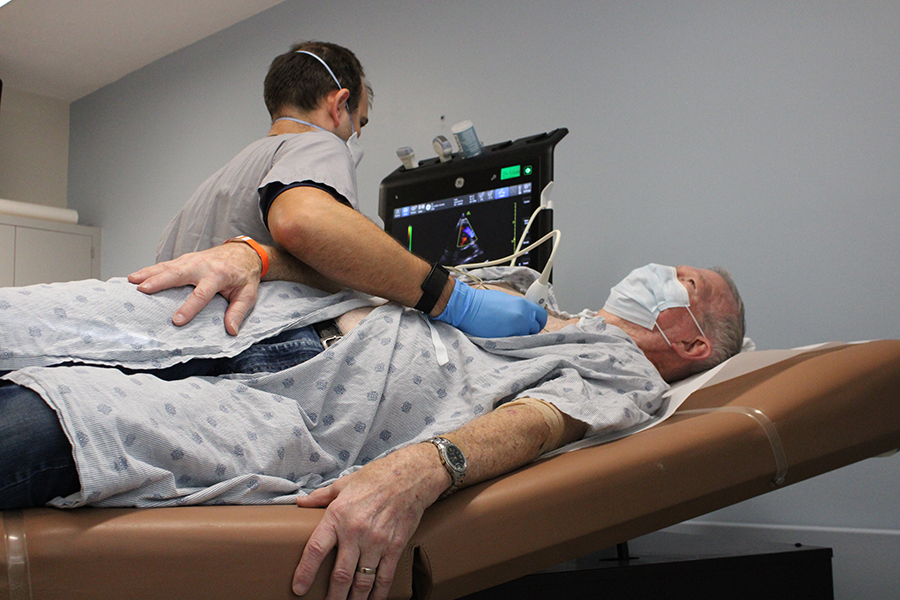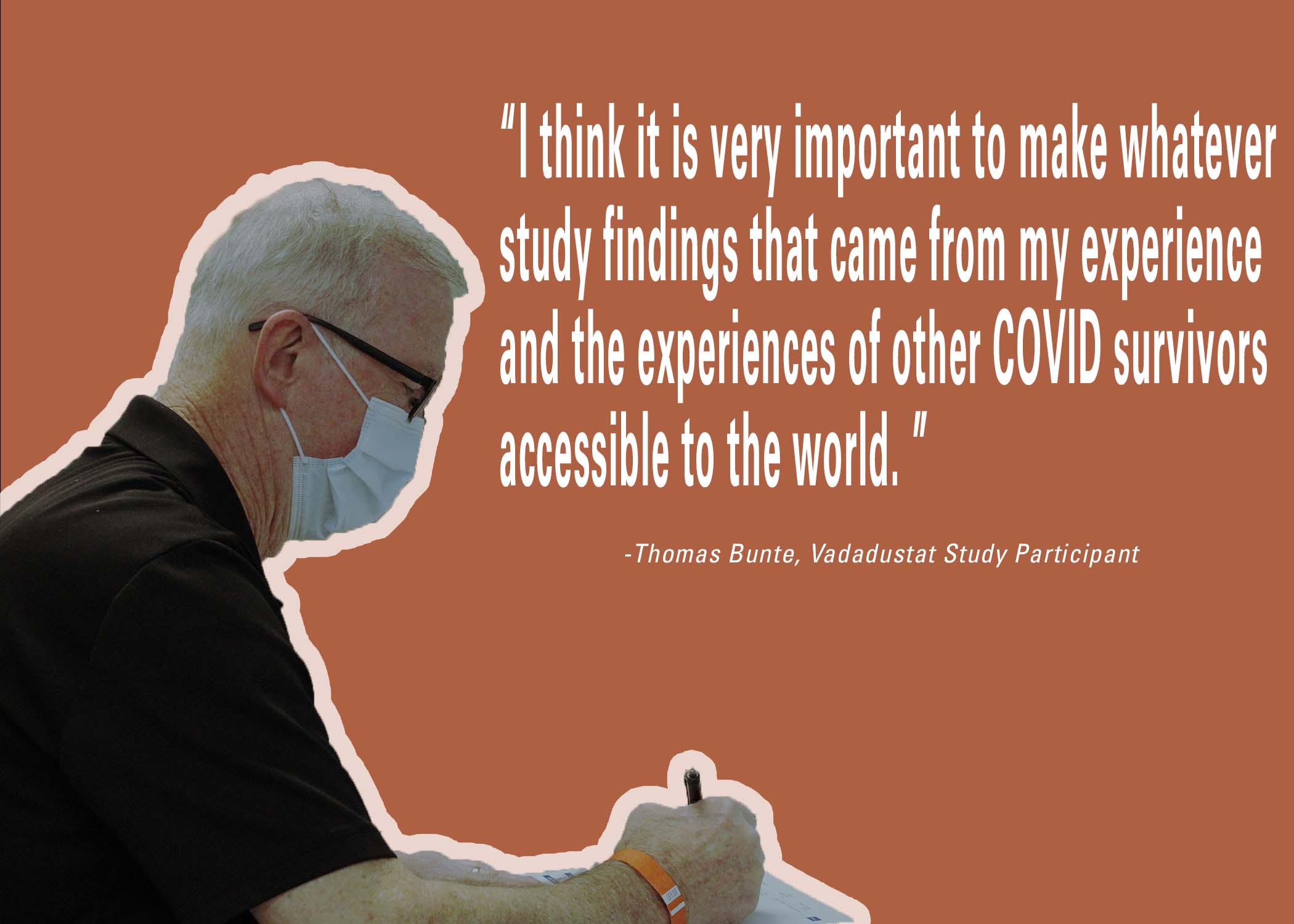McGovern researchers lead long-term COVID-19 study

 The McGovern Medical School Departments of Anesthesiology and Emergency Medicine are studying the long-term impact of COVID-19 and the potential effect of the hypoxia inducible factor (HIF) medication Vadadustat on organ injury and overall recovery.
The McGovern Medical School Departments of Anesthesiology and Emergency Medicine are studying the long-term impact of COVID-19 and the potential effect of the hypoxia inducible factor (HIF) medication Vadadustat on organ injury and overall recovery.
While most patients recover from the SARS-CoV2 infection, a dramatically high proportion of COVID-19 survivors continue to experience a myriad of symptoms beyond the usual recover time, and a minority of patients may be disproportionately impacted. These residual symptoms, called post-acute sequelae, are reported in different organ systems including the lungs, heart, kidney, liver, and central nervous system, and can adversely impact overall quality of life for many months and possibly even permanently.
The UTHealth COVID-19 ARDS Research Team, led by the lab of Holger Eltzschig, MD, PhD, professor and John P. and Kathrine G. McGovern Distinguished University Chair of anesthesiology; and the Texas Emergency Medicine Research Center’s translational research team, the long-term study will follow COVID-19 survivors for two years while conducting echocardiograms, pulmonary function tests, biomarkers, and quality of life surveys on subjects to better understand COVID-19 and how to help people fully recover and minimize morbidity for everyone.
Several studies indicate that up to 40 percent of hospitalized patients with COVID-19 pneumonia go on to experience long-term difficulty breathing. Another recent study showed that six months after acute infection, COVID-19 survivors continued to also experience impairment in myocardial and renal function as well as prolonged severe fatigue, muscle weakness, sleep difficulties, anxiety, and depression.
To date, the primary randomized study has enrolled approximately 410 patients at four Memorial Hermann Hospitals and Lyndon B. Johnson Hospital, and the long-term, follow-up study as a goal of completing 105 enrollments.